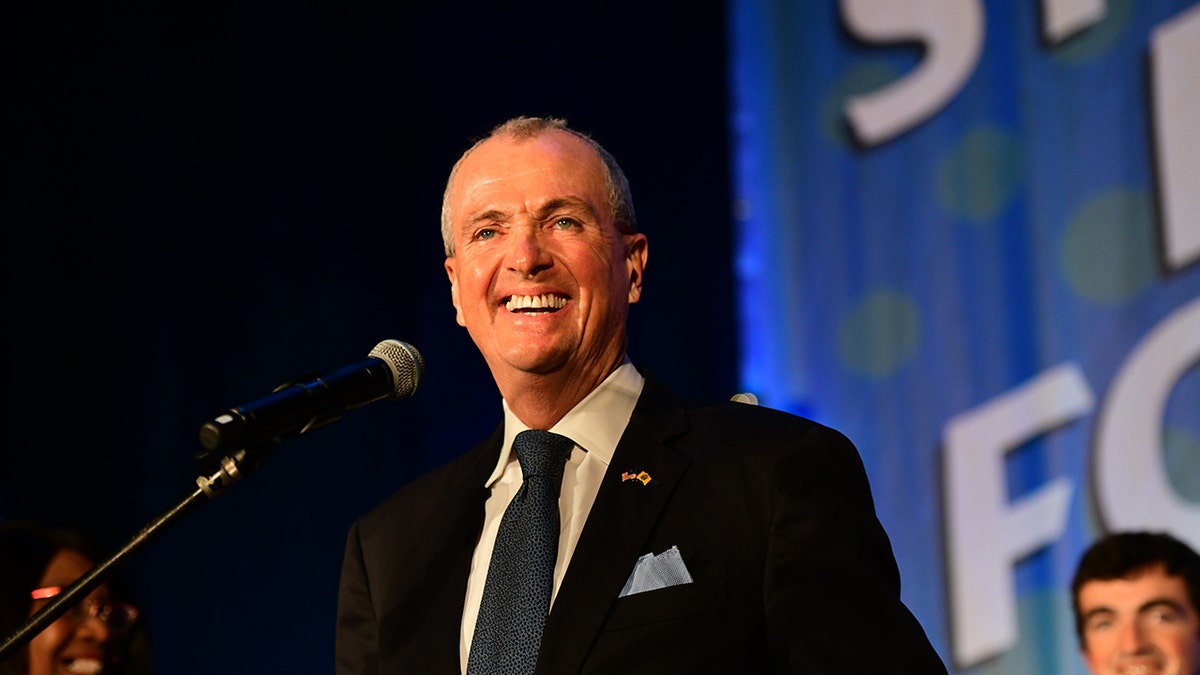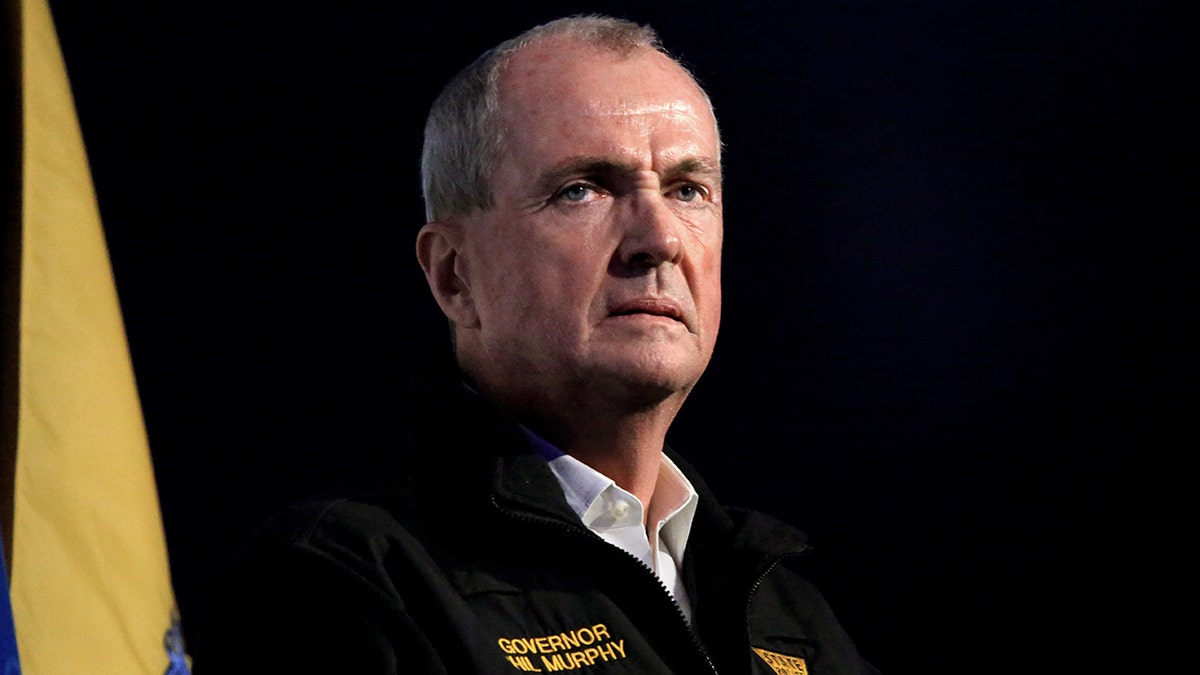Fox News Flash top headlines for January 12
Fox News Flash top headlines are here. Check out what's clicking on Foxnews.com.
Citing spiraling omicron variant case counts and hospitalizations and facing an expiration of his emergency powers, New Jersey’s Democratic Gov. Phil Murphy again declared a public health emergency during his fourth state of the state address.
Speaking remotely in a prerecorded speech for the second straight year because of the COVID-19 outbreak, Murphy sought to balance record-setting coronavirus figures in the state with a public desire to move beyond the hardships of lockdowns, mandates and other restrictions.
"In your day-to-day lives, this step won’t bring really any changes. But it is vital to ensuring our continued and coordinated response so we can move forward and put COVID behind us," Murphy said.
COVID-19 VACCINE MANDATE NEEDS TO BE FULLY DEBATED, GERMAN PRESIDENT SAYS

New Jersey Governor Phil Murphy speaks during an election night event at Grand Arcade at the Pavilion on Nov. 2, 2021 in Asbury Park, New Jersey. (Mark Makela/Getty Images)
In a statement issued just before the annual address, he said the order won’t mean new mandates, lockdowns or vaccine passports.
The public health emergency declaration comes just as some of the governor’s powers expired as part of a law he signed in June, when the high vaccination rate and declining case counts had officials optimistic the virus could be behind the state.
The new order, perhaps most prominently, means that a requirement for masks in schools and daycares will remain in effect. It also means that mandates for teachers, state workers and health care workers must be vaccinated or undergo regular tests.
Murphy spoke as New Jersey’s virus hospitalizations top 6,000, approaching the peak of spring 2020, although about half of the current hospitalizations are "incidental" cases, or those discovered when someone is hospitalized for another reason. Case counts exceeded 30,000 in recent days, dwarfing previous highs.
Republican lawmakers said the public health emergency declaration was a move backward.
"We need to give people hope that life is returning to normal, not returning to one man’s rule by executive order," state Sen. Anthony Bucco said in a statement.
This was the last state of the state speech for Murphy’s first term, and comes just a week before he takes his oath to begin a second term after an election that proved much closer than many expected and saw Republicans pick up six Assembly seats and net one new seat in the Senate.
The Republican successes, including the defeat of longtime Senate President Steve Sweeney, have sent Democrats soul searching, declaring they’ve heard that the public wants them to focus on affordability in a state with among the highest property and business taxes in the country.
Murphy addressed a number of the accomplishments he racked up in his first term: a minimum wage climbing to $15 an hour, more money for K-12 education, taxpayer-funded pre-school and community college, a full public pension payment and increased funding for transit. He also pointed to $500 tax rebates that went to some 700,000 families, a child care tax credit for families making up to $150,000 and an expansion of a program for seniors that freezes property tax rates.
The governor also displayed a slight change in tone. Where before the election he had focused on the progressive policies he and the Legislature enacted, on Tuesday he hammered on how those policies help make the state more affordable, specifically citing the minimum wage increase.
"Here is an obvious truth some still try to deny — one meaningful way to make New Jersey more affordable is to make sure more New Jerseyans have a living wage," Murphy said.
Among the new policies Murphy said he will pursue: a prescription drug affordability measure — details were unclear — as well as more gun control measures, such as requiring gun safety courses, and no new tax increases.
He also said he’ll sign legislation passed just Monday that enshrines a woman’s right to abortion in anticipation of the possibility that the U.S. Supreme Court strikes down the Roe v. Wade precedent.

New Jersey Governor Phil Murphy speaks during a Get Out The Vote rally on Oct. 28, 2021 in New Brunswick, New Jersey. (Yana Paskova/Getty Images)
CLICK HERE TO GET THE FOX NEWS APP
Another change in tone touched on party polarization. Murphy had warned against electing his Republican rival, saying he would move the state backward. On Tuesday, he called for putting partisan labels aside in the name of governing.
"Let’s pledge to put the needs of every New Jerseyan before the wants of our party or any single person in it," he said. "Let’s stop shouting down each other and get back to talking with each other."








































